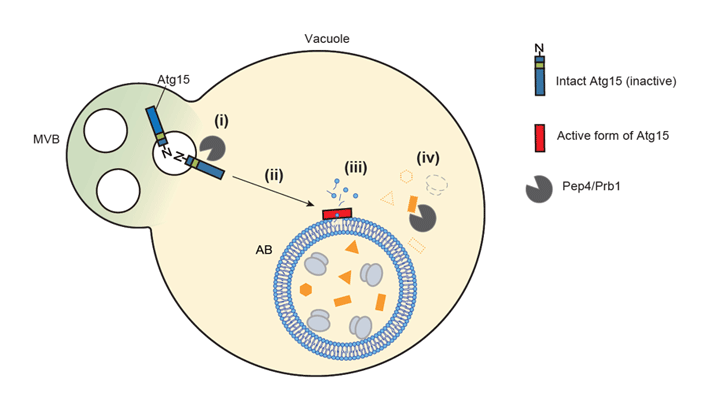2023-11-06 カロリンスカ研究所(KI)
◆研究は40歳から70歳の約32.5万人のデータを使用し、18のバイオマーカーを用いて生物学的年齢を計算しました。この結果、生物学的年齢が高いほど、認知症や脳卒中などのリスクが高まることが分かりました。研究は因果関係を確立するものではないが、生物学的年齢を減少させることで疾患の発症を遅らせる可能性があることを示唆しています。
<関連情報>
- https://news.ki.se/high-biological-age-may-increase-the-risk-of-dementia-and-stroke
- https://jnnp.bmj.com/content/early/2023/10/26/jnnp-2023-331917
英国バイオバンクにおける臨床バイオマーカーに基づく生物学的老化と神経疾患の将来リスク Clinical biomarker-based biological ageing and future risk of neurological disorders in the UK Biobank
Jonathan K L Mak,Christopher E McMurran,Sara Hägg
Journal of Neurology, Neurosurgery and Psychiatry Published:November 5, 2023.
DOI: 10.1136/jnnp-2023-331917
Abstract
Background Many common neurological disorders are associated with advancing chronological age, but their association with biological age (BA) remains poorly understood.
Methods We studied 325 870 participants in the UK Biobank without a diagnosed neurological condition at baseline and generated three previously-described measures of BA based on 18 routinely measured clinical biomarkers (PhenoAge, Klemera-Doubal method age (KDMAge), homeostatic dysregulation age). Using survival models, we assessed the effect of advanced BA on incident neurological diagnoses, including all-cause and cause-specific dementia, ischaemic stroke, Parkinson’s disease and motor neuron disease.
Results During a mean follow-up of 9.0 years, there were 1397 incident cases of dementia and 2515 of ischaemic stroke, with smaller case numbers of other diagnoses. The strongest associations with a 1 SD in BA residual were seen for all-cause dementia (KDMAge HR=1.19, 95% CI=1.11 to 1.26), vascular dementia (1.41, 1.25 to 1.60) and ischaemic stroke (1.39, 1.34 to 1.46). Weaker associations were seen for Alzheimer’s disease and motor neuron disease, while, in contrast, HRs for Parkinson’s disease tended to be <1. Results were largely consistent after adjustment for disease-specific covariates including common cardiometabolic risk factors.
Conclusions Advanced BA calculated from routine clinical biomarker results increases the risk of subsequent neurological diagnoses including all-cause dementia and ischaemic stroke.



